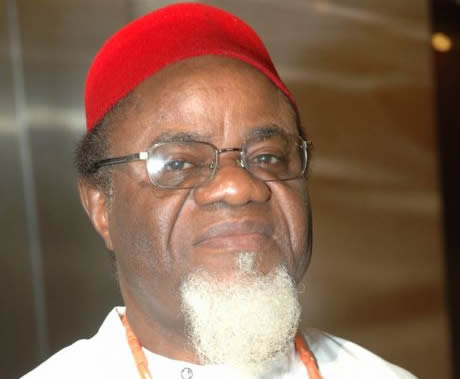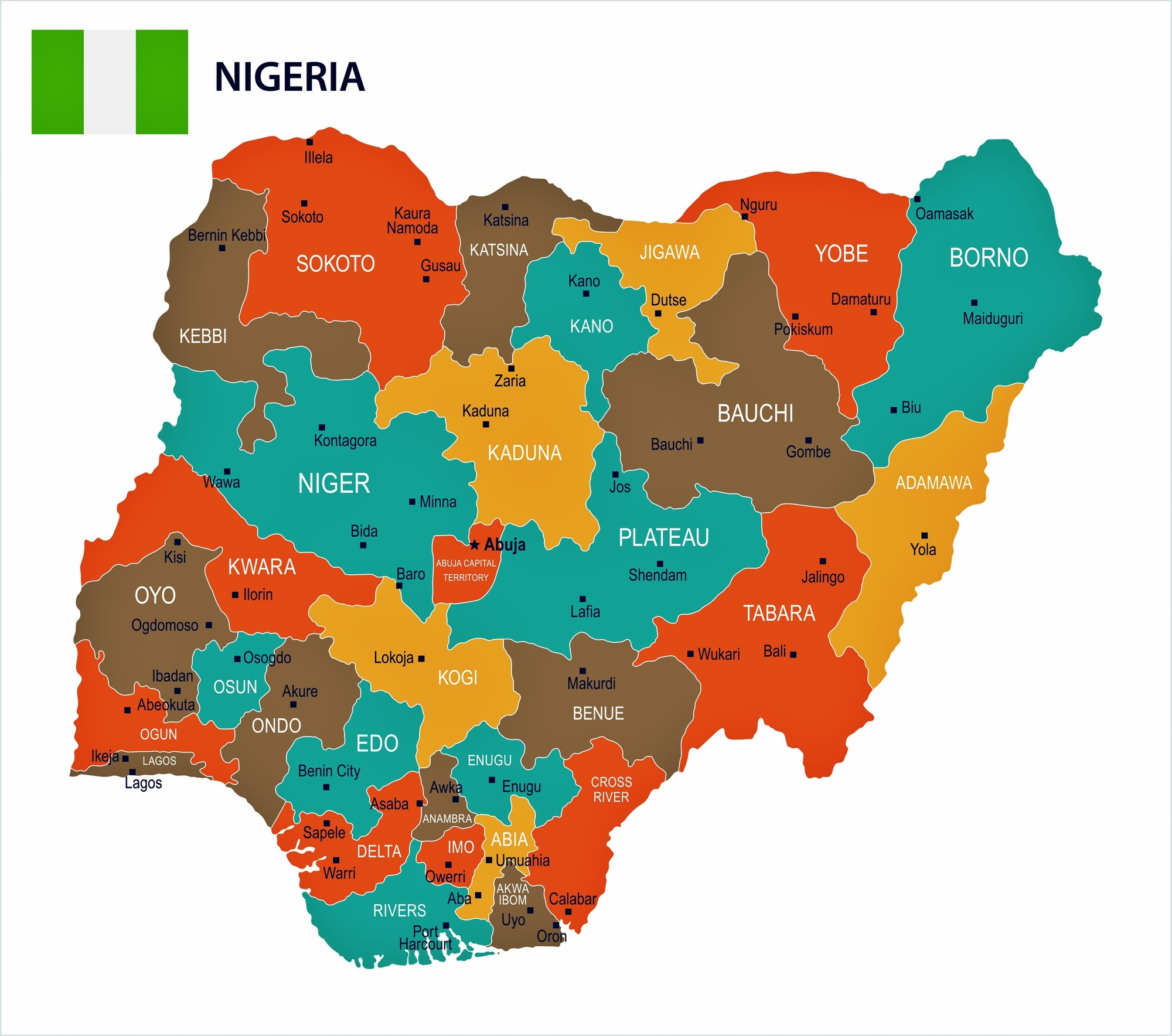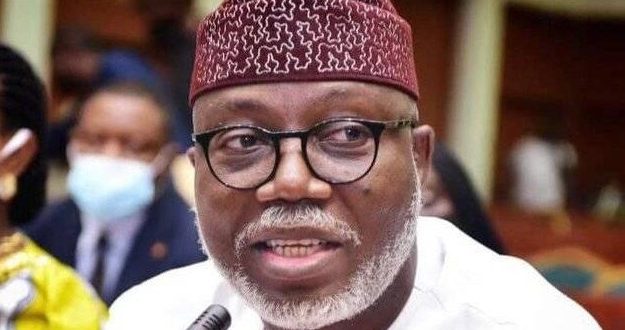Southern Kaduna Killings And Failure Of The Nigerian State

 By Emeka Alex Duru
By Emeka Alex Duru
(08054103327, nwaukpala@yahoo.
Normalcy may return to the Southern Senatorial District of Kaduna State in the days ahead, following the deployment of the army and other security agents. This may lead to cessation of hostilities and killings in the affected communities. But this is momentary and not sustainable. It may at best, serve the peace of the graveyard until the contending issues are resolved.
Both the Federal and Kaduna State government have blamed the crisis on the evil combination of politically-motivated banditry, revenge killings and mutual violence by criminal gangs acting on ethnic and religious grounds. The governor, Nasir el-Rufai, added that insecurity in the State is being perpetrated by criminal elements who have been killing, kidnapping people and rustling cattle the entire North West. In his words, “the criminality of the bandits gets coated with ethnic and religious hues when it affects communities in the Southern parts of the state, where it tends to exacerbate communal tensions and pitch people who have lived peacefully together against each other.”
These may be some of the reasons behind the mayhem. But they do not capture it. And the governor knows. If anything, the presidency and the governor are merely playing politics with a situation that has seen over 45 Nigerians wasted in the last couple of days. The explanations are simply begging the question. The crisis in Southern Kaduna is a manifestation of the failure of the Nigerian state. In it, Nigeria dies. At the heart of it all is injustice and complicity on the part of the leadership. There is also the question on the ability and sincerity of the leadership class to take decisive actions when the situation demands such. This is the crux of the matter.
When the modern version of the Kaduna crisis began on March 6, 1987, it started as a minor internal misunderstanding among Muslim and Christian students of the College of Education, Kafanchan. The poor and partisan management of the issue saw it affecting other parts of the state. By the time the dust settled, many lives had been lost. The sheer ambivalence of the General Ibrahim Babangida administration in addressing the crisis, left many gaps that criminal elements have taken feasted on, subsequently. Catholic clergy, Bishop Matthew Hassan Kukah, in his book, Religion, Politics and Power in Northern Nigeria, located the roots of these disturbances on unequal relations that have been characterized by so many years of degradation and humiliation of some people in the region. He mentioned a certain Emir, who in advancing this supremacist mindset, had reminded the ruling class of their privileged status as horses while some people were to serve as grasses, who should never be allowed to eat up the horses.
It is this sordid orientation that accounts for the regularity of the Southern Kaduna crisis. When therefore Governor El-Rufai tries to trivialise the insecurity in the state as not being peculiar to Kaduna but a larger North West affair, he is simply playing the ostrich and shying away from the facts. The truth is that Governor El-Rufai had many opportunities of bridging the gulf of ethnic and religious tension in the state but fluffed the chances. His predecessor, Ahmed Makarfi, had in managing the complexities of the state, introduced local government reform where chieftaincy institutions were created to accommodate the peculiarities of the various peoples and interests in the state. Despite the imperfections in the arrangement, it went a long way in according the various people sense of belonging and sustained peace among them. Collapsing the chiefdoms into Emirates by the El-Rufai administration brought back old animosities and ended up alienating some sections of the state. Settling for a fellow Muslim, Hadiza Sabuwa Balarabe, as Deputy in a religion-sensitive society as Kaduna, is also part of the faulty steps by the governor. Appearing to be smart in picking her from the Southern senatorial district, cannot be enough for ignoring the religious factor in such sensitive setting. This is aside his comments and carriage that often portray him as governor of the Fulani section of the state and not the entire Kaduna residents.
The solution to the Southern Kaduna crisis is therefore not matter of the government at federal and state levels, washing of their hands and blaming imaginary enemies. Deployment of security agents in the area is also not the way to go. It is like scratching the surface and will not provide any meaningful solutions to the problem confronting the people. There is need for a holistic approach in putting an end to the killings in the area.
The Federal Government cannot be totally absolved of the bloodshed in Southern Kaduna. Rather, the crisis speaks of the failure of the government in addressing the security and economic wellbeing of the citizens. No matter how we may look at it, there are the economic dimensions to the Southern Kaduna debacle. The poor management of the economy by the government has seen Nigerians going down the poverty line increasingly. The resultant frustration affects social relations among the people.
There were for instance, reports the other day, of Nigerians being deported from Niger Republic. The very thought of Nigerians seeking succor in the poverty-stricken Niger, explains the extent of frustration in the land. The unspoken message in the action by the Nigerien authorities in expelling the Nigerians, is that even the neighbouring countries that had hitherto been written off as insolvent states, knew that the famed African Giant has fallen.
So, when President Buhari went to Mali and was promising that he would restore normalcy to the country, Malians and the international community hardly took him serious. To them, he was shadow-boxing or acting the man chasing rodents while his house was on fire. You cannot give what you do not have, is a maxim that remains valid in the context of the present day Nigeria in relation with her neighbours. While Southern Kaduna burns, every part of Nigeria boils. The demographics and religious complexities of the state give it a picture of a mini-Nigeria. Everyone is affected, one way or another in what happens in the state. There is an extent to which the state and federal government can play politics with developments in Southern Kaduna. What is playing out in the state, if not properly managed, may turn out an ill-wind that may not blow the country well.
Duru is the Editor of The Niche Newspaper.







